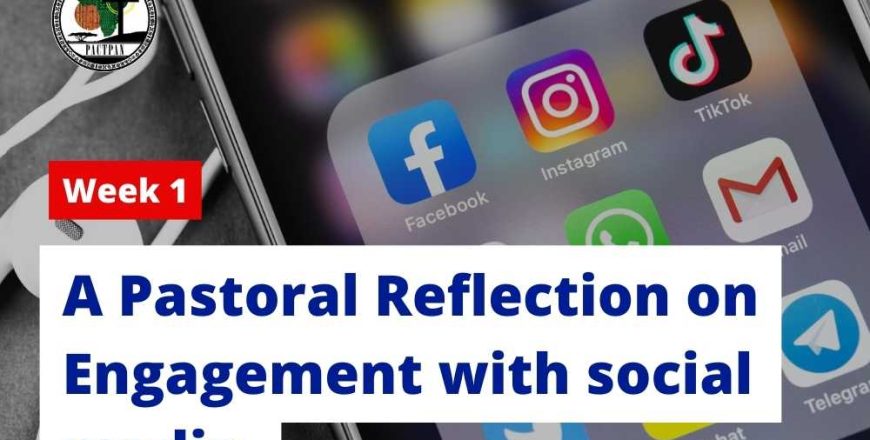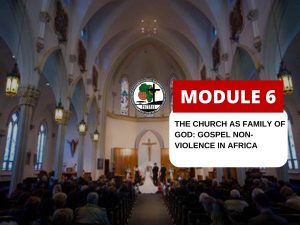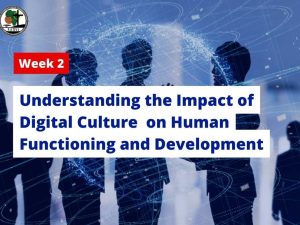Week 1 - A Pastoral Reflection on Engagement with social media
- Description
- Curriculum
- Reviews

By: Lucio Adrián Ruiz
Digital culture represents a fundamental change in the way we conceive of reality and consequently relate to ourselves, one another, our surroundings, and even to God.
The digital environment changes our learning processes as well as our perception of time, space, our bodies, interpersonal relationships and, indeed, much of our way of thinking.
The dualism between real and virtual does not adequately describe the reality and experience of people, especially the youngest, the so-called “digital natives.”
Digital culture, then, is not so much a distinct area of mission as a crucial dimension of the Church’s witness in contemporary culture. This is why it holds special significance in a synodal Church.
Please, login to leave a review







